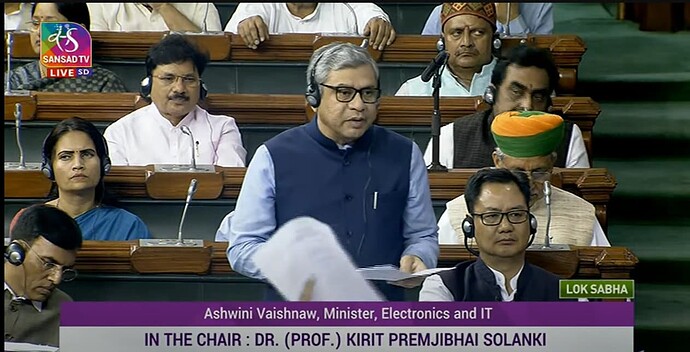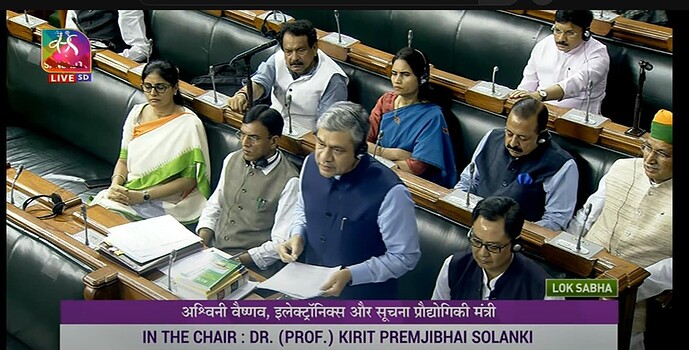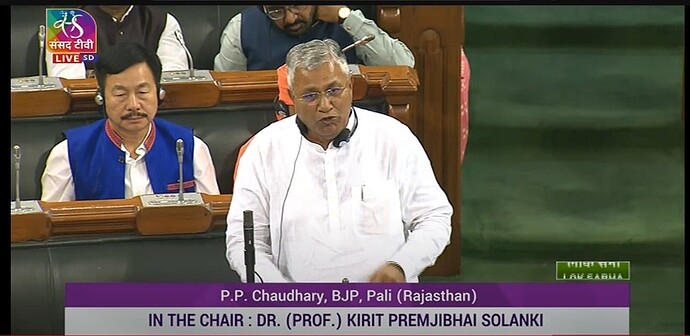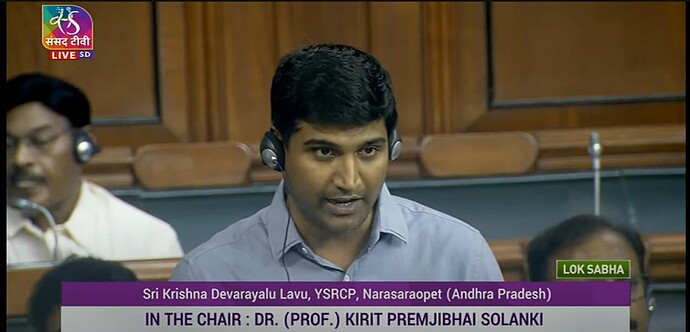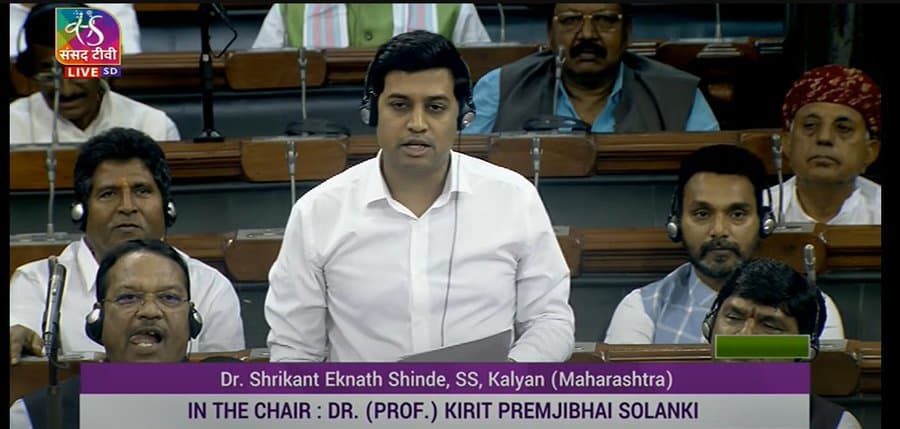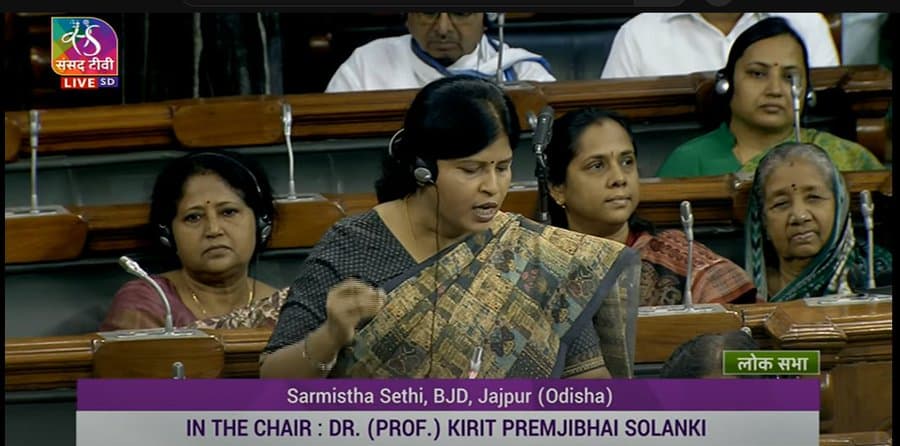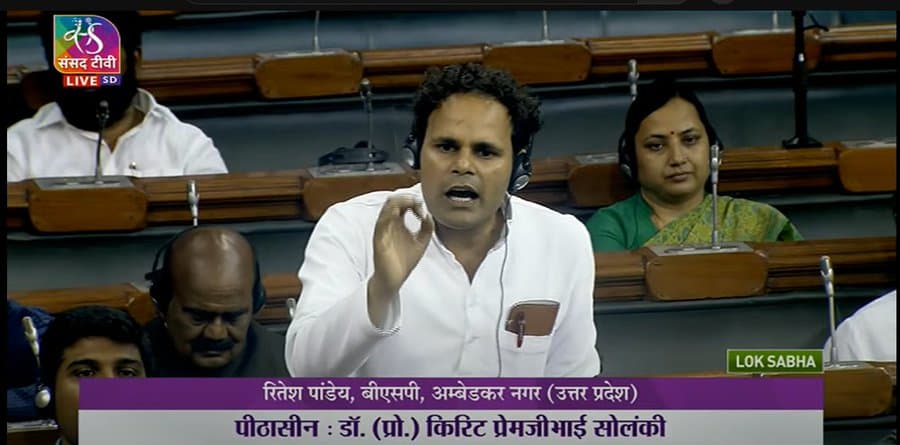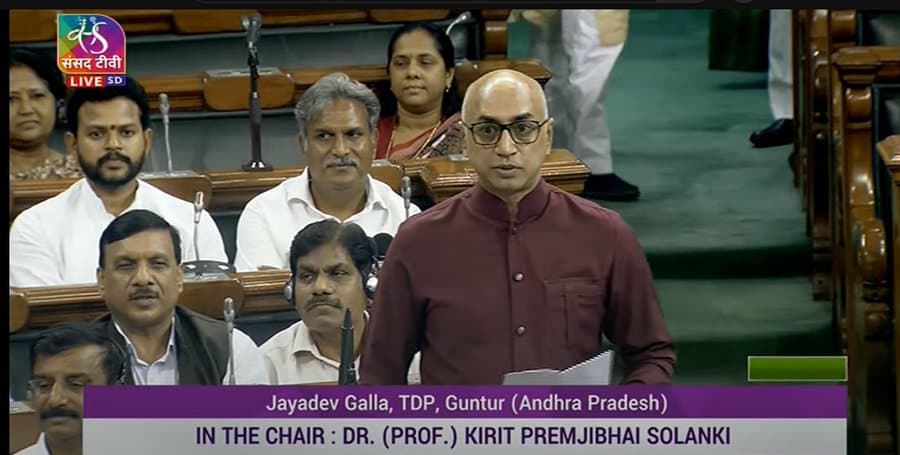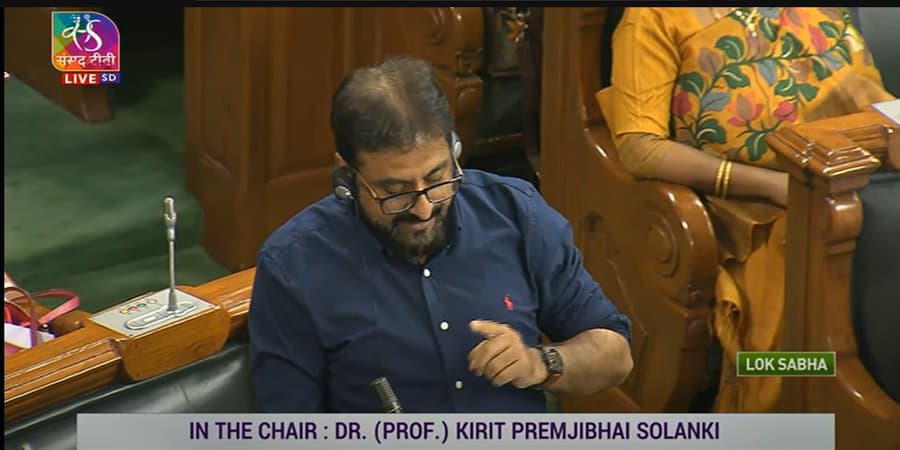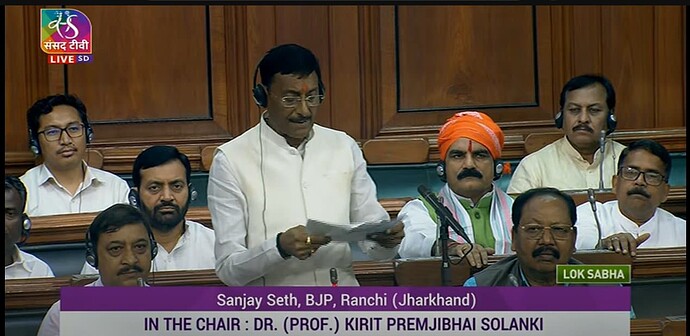#ParliamentUpdate
Yesterday at 2:58 PM, the Lok Sabha passed the Digital Personal Data Protection Bill, 2023 after only 52 minutes of discussion. Only 9 MPs participated in the discussion on the DPDPB, 2023.
Our coverage of the discussion on the bill in the Lok Sabha ![]()
Minister Ashwini Vaishnaw while introducing the bill has said that the bill aims to protect the right to privacy, the bill has been discussed by the Standing Committee of IT and that the bill has gone through a thorough consultation process. While explaining the main aspects of the bill, Ashwini Vaishnaw said that the bill uses simple language, uses she/her pronouns, & follows principles such as; the principles of legality, purpose limitation, data minimisation, accuracy, storage limitation, reasonable safeguards, and accountability. Further he said, the bill includes provisions which allow notice to be sent in 22 languages to ensure application to the entirety of India.
The bill has included voluntary undertaking and alternative dispute resolution so any entity can approach the Data Protection Board (formed under the bill) to address any mistake made by them. On the concern of excessive exemptions given to the govt., the Minister said that in case of natural disasters and while apprehending criminals, the govt. cannot be tied down by consent and permissions and they will be required to give immediate relief. While comparing the DPDPB, 2023 to the European Union’s GDPR, Ashwini Vaishnaw said that the GDPR has 16 exemptions while the DPDPB only has 4. On the point of RTI Act dilution, the Minister has claimed that the bill is as per the principles laid down in the Puttaswamy judgement and the govt. integrated the provisions of RTI Act as necessary.
PP Chaudhary, MP while supporting the bill said that consent under the bill can be withdrawn anytime there is no stipulated time, govt. services which provide benefits require no consent and the bill provides a fine balance between exemptions and permissions.
MP Krishna Lavu said that there is no clear definition of ‘harm’ which becomes crucial while ascertaining compensation, right to data portability or to be forgotten is not outlined in the bill and highlighted executive control over the Data Protection Board.
Dr. Eknath Shinde, MP said that the bill will combat pesky spam calls, he questioned why the right to data portability and right to be forgotten were removed in the present draft which was present in the 2019 version of the bill.
MP Sarmishtha Sethi said that provisions allow govt and its instrumentalities to retain the data for unlimited period of time, the bill reduces govt accountability and the blanket exemptions make the govt a large data repository. Further the bill allows the govt to exempt any private sector entity and govt instrumentality from the application of the provision of law by merely issuing a notification thus violating people’s privacy.
Ritesh Pandey, MP said that the Union govt has retained with itself the powers with respect to data rights of individuals. He called the Union govt the biggest fiduciary. He raised concern about any content being blocked according to the Data Protection Board’s (DPB) decision. He states that the phrase “As may be prescribed has been introduced 26 times in a 20-page bill”, leaving the drafting of the bill to the future, that too behind closed doors.
MP Jayadev Galla alluded to the bill’s long journey & welcomed it. However, he pointed out that the DPB is heavily tilted toward the government (& listed provisions under Clause 18 - 22 to stress his point). He questioned the short duration of the Board and its independence. He expressed his concern about the implications of the proposed amendment to Section 8(1)(j) of the RTI Act, 2005 on the functioning of the executive. He urged the Ministry to reconsider this proposed amendment. In conclusion, he stated that “at a macro level, it is a good bill”.
Imtiaz Jaleel, MP said that the bill allows for excessive centralisation of power through exemptions, however such exemptions are applicable to the opposition, media and individuals. The bill also does provide any safeguards from state surveillance. Further the bill allows for widening of censorship as the Union govt can censor content it does deem appropriate which will result in censoring of dissent. At the end, he asked the govt to reconsider the bill. He highlights that the bill doesn’t bring about a surveillance reform which is “urgently needed” and instead creates a framework for surveillance of citizens. He urged for clarity, citing an example of the surveillance reportedly done by the BJP govt in Maharashtra through the state police.
MP Sanjay Seth stood in support of the bill. He alluded to how every individual uses the digital. He termed it as an all-encompassing & progressive bill. Raising concerns on extraction of children’s data, he said that the bill will ensure no personal data of kids get misused.
Defending the bill, Ashwini Vaishnaw, Minister of Electronics and Information Technology said that “loss” is defined in the bill [Cl. 2(p)] & can be relied on to seek compensation through law of torts. He referred to the provision prescribing age-based use of apps in the bill (for minors) & using Digilocker to take parent’s consent. On the right to be forgotten, he clarified that the right of erasure (present in the bill) is similar to the right to be forgotten. Addressing concerns over the DPB’s independence from executive control, he said that there will be fixed terms & proper conditions for members.
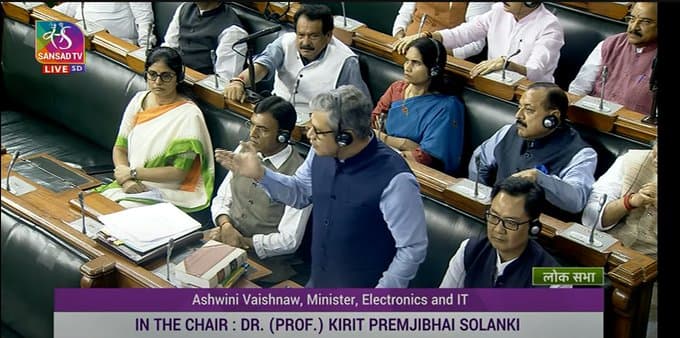
He clarified that the “as may be prescribed” rule-making power under the bill is not absolute & the rules will be drafted in the contours of the boundary defined by the law after deliberating it in the Parliament. On data localisation (Cl. 16), he said that his bill will have horizontal application and sectors may make regulations as per their sectoral requirements, such as the financial sector. He didn’t respond to concerns on amendment to RTI Act, as he covered it in his opening statement. He stated that there is an appellate body above the DPB, i.e. Telecom Disputes Settlement and Appellate Tribunal (TDSAT), whose chairman is a judicial member. He added that the Supreme Court exists above TDSAT, thus providing ample grievance redressal mechanisms.
